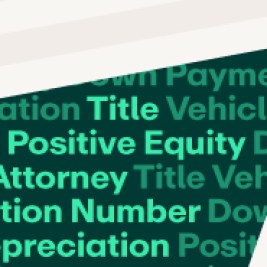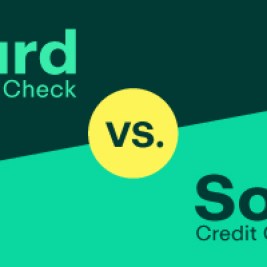Does this sound familiar?
Your tires are getting worn, so you get all new tires for your vehicle. Shortly thereafter, your brakes start squealing, so you replace those as well. And then, you open the bill for your insurance for the next six months.

More than just the initial price
Vehicle ownership is much more than the initial purchase and fuel costs. There are many things to consider:
- Insurance
- Regular maintenance
- Seasonal maintenance
- Potential repairs
- Annual registration fees
- Depreciation
- Interest
Over time, these items can add up and become quite costly. But there is good news! It is possible to own a vehicle without going broke. It starts with being aware and preparing yourself by doing things such as research and planning your budget.
What do you consider when vehicle shopping?
When you start shopping for new vehicles, what do you look for first? The price naturally comes to mind. Vehicles that suit your needs, wants and lifestyle are likely top of the list. What about options that are available on your dream vehicle? Fuel efficiency?
Those are all fairly common items that cross the minds of shoppers. But do you also consider long-term costs of ownership?
Like many people, you may be wondering what this means. More so, why does it matter?
What are long-term costs?
Simply put, long-term costs of ownership are all of the random things you dish out money for over the period of time you own your vehicle.
There are the obvious items like fuel costs, insurance and regular maintenance costs. Less obvious things include the cost of financing, repairs, annual registration, depreciation, etc. When you add it all up over a period of time and then add it onto the selling price of the vehicle, it makes a difference in the total cost of a vehicle in the long-term.
How do you research long-term costs?
So, how do you figure out what long-term costs are? Great question.
You can, of course, search the internet for help and use one of the many calculators available. Some are quite detailed, which may be useful when you have a specific vehicle in mind and are creating a budget.
Alternatively, you could try pre-qualifying with Drive®. Once you’ve pre-qualified, you’ll get access to our Budget Customizer, and this will help you by giving you accurate rates and utilizes a dealer’s entire inventory to match you with a car you want for your budget.
Finally, before you leave for a test drive
Before you head to the dealership for a test drive, consider your options. A Drive® pre-qualification will help you find the road forward. But the most important thing is the understanding that owning a car has costs that you might not think about when you’re looking to buy.
For more information about how auto loans work at Drive®, along with many other topics, check out our articles.



